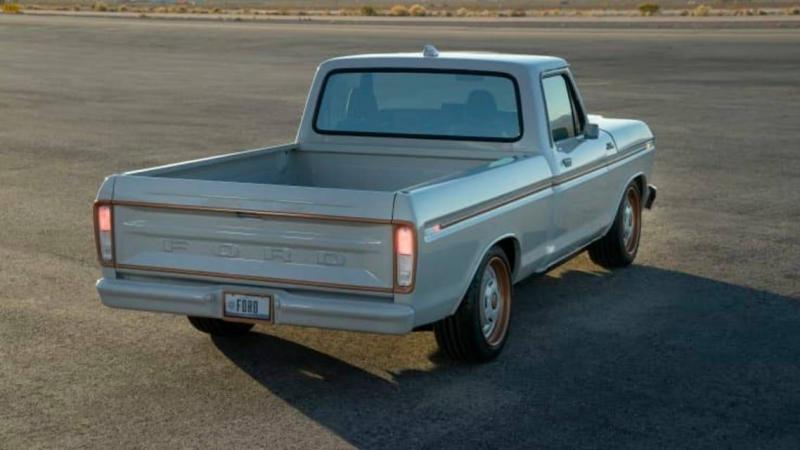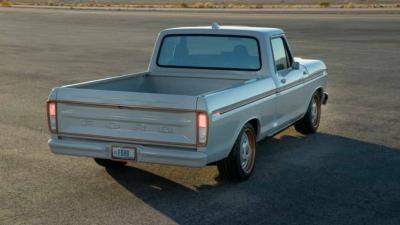Ford Motor Company is exploring ways to separate its electric vehicle (EV) business from its over-a-century-old traditional operations in hopes of garnering the investor respect that Tesla and other EV makers enjoy. Sources told Bloomberg that CEO Jim Farley is looking to isolate Ford's electric operations from its internal combustion engine — traditional vehicles — to unleash the new company to achieve valuations similar to Tesla, which has reached a market value close to a trillion dollars.
However, Farley's ideas may face significant challenges in execution. Instead, Farley may simply create an internal division for the electric vehicle operations as part of a broad reorganization aimed at giving Ford an edge in the electric era, according to what was reported by Al Arabiya. Such plans could result in the Henry Ford family losing control of the 118-year-old company, which is the fourth oldest automotive brand in history and the third in terms of development, as well as being the innovator of the revolutionary assembly line system in the automotive industry, which prompted many predecessors to adopt its industrial approach. The family maintains control through a special class of stock and fears losing influence over one of the oldest car manufacturers in the world. The founding family, led by CEO Bill Ford, holds three seats on the board.
On the other side, the company faces pressure from Wall Street to divest its emerging electric vehicle business to enhance value by shedding old costs and gaining greater access to capital markets, thereby achieving different valuations. This pressure comes especially after investors granted significant value to pure electric vehicle manufacturers, such as Rivian Automotive, which briefly surpassed Ford's market value last year despite producing a relatively small number of cars.
Despite Ford's stock rising by 2.9% after this news, the company reaffirmed its commitment to its known Ford Plus strategy for transitioning to the electric vehicle era, stating there is no intention to divest its battery-operated electric vehicle business. However, earlier this month, Farley did not dismiss the possibility of separating either operation when asked about this during the company's earnings call. Farley stated, "The management of Ford's successful traditional vehicle operations and electric vehicle business is not the same."
As Farley seeks to maximize the value of Ford's electric vehicle operations, his vision has evolved over time, initially considering a smaller part, then contemplating a full separation, and now looking at an internal split, according to Bloomberg sources. Ford has earmarked $30 billion for its electric vehicle strategy through 2025, intending to spend an additional $10 to $20 billion by the end of the decade to convert factories to build plug-in model components. The company plans to produce 600,000 electric vehicles annually within two years and aims for up to half of its sales to come from battery-operated cars by 2030.
**Profitability: The Toughest Challenge**
Analysts state that Ford needs to shed its old business model to achieve profit margins similar to those of Tesla, which Farley estimates exceed $10,000 per vehicle. Analysts explained that to offset the high cost of electric vehicles, automakers need a direct sales model, as seen with Tesla and Rivian, bypassing dealerships. Automakers also need to reduce labor costs.
Morgan Stanley analyst Adam Jonas mentioned in a memo to investors in November: "Ford is making significant progress in the electric sector." He added, "Legacy automakers face serious challenges from electric vehicles, and in our view, will require unconventional actions to address them."




